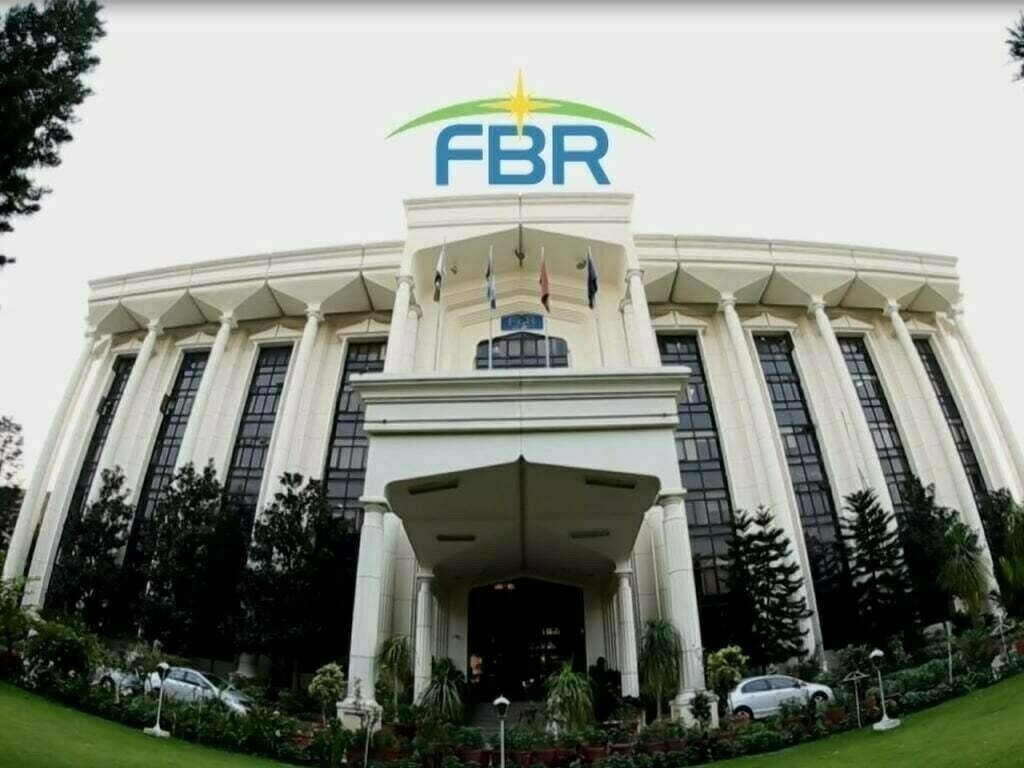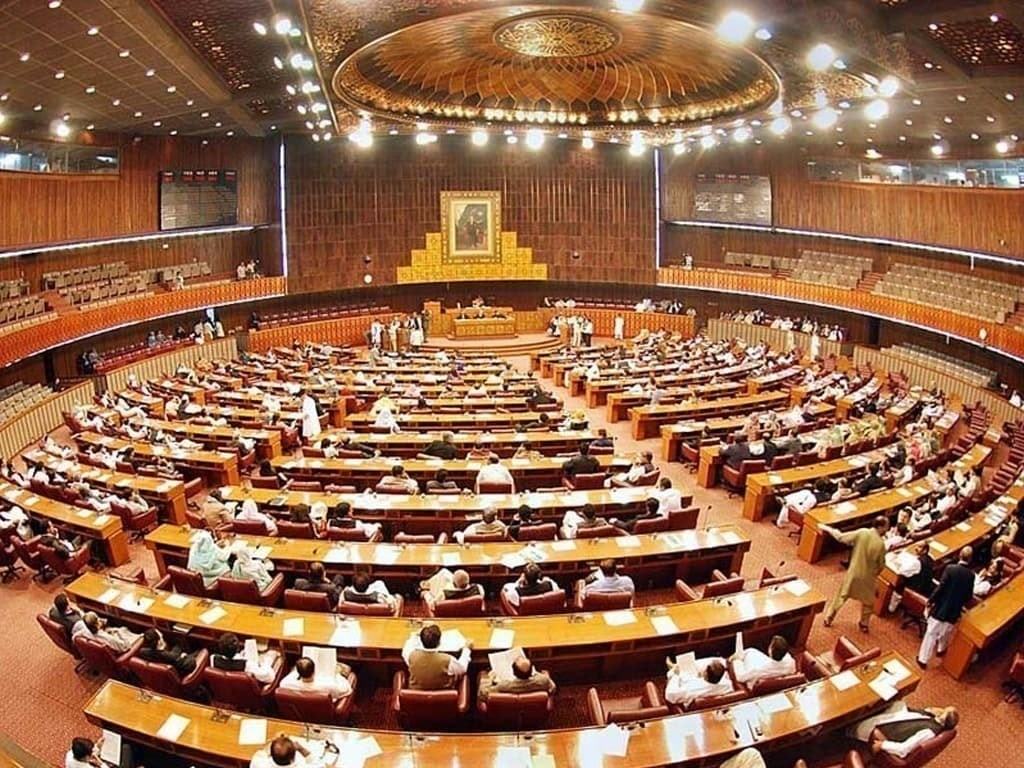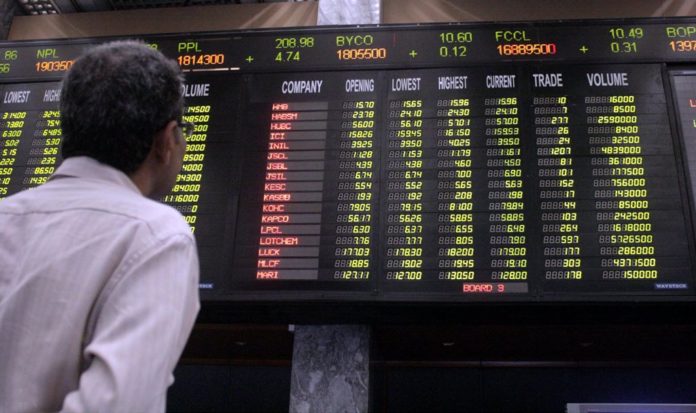Title: New Travel Restrictions for Pakistani Non-Filers Exclude NICOP Holders, Minors, and Students
The Finance Bill 2024 proposes new restrictions on foreign travel for Pakistani citizens who fail to file their income tax returns. However, these restrictions will not apply to holders of the National Identity Card for Overseas Pakistanis (NICOP), minors, students, and other specific groups as notified by the Federal Board of Revenue (FBR).
The restriction on foreign travel is designed to encourage Pakistani citizens to comply with tax filing requirements. According to a tax expert, this measure is part of a broader effort to cultivate a culture of tax compliance in the country. By making it difficult for non-filers to travel abroad, the government hopes to incentivize more citizens to file their tax returns.
Under the proposed amendment in the Finance Bill 2024, the travel restrictions will specifically target citizens who are liable to file income tax returns but fail to do so. However, there are several exemptions to this rule. Individuals holding NICOP, which is a special identity card for overseas Pakistanis, will not be subject to these travel restrictions. This exemption acknowledges the unique status of overseas Pakistanis and their contributions to the national economy through remittances.
Minors and students are also exempted from the travel restrictions. This is likely because minors are generally not responsible for filing tax returns, and students may not have significant income to report. Additionally, the FBR has the authority to notify other classes of persons who will be exempt from these travel restrictions, though the specifics of these classes have not yet been detailed.
The tax expert also raised an important question regarding how the FBR will enforce these travel restrictions on non-filers who are dependents of a filer. In many Pakistani households, family members such as spouses and children are financially dependent on the head of the family, who is responsible for filing the family’s tax returns. These dependents are often listed in the tax returns filed by the family head. The expert questioned the practicality and fairness of restricting the travel of such dependents, suggesting that this aspect of the policy needs further clarification.
This proposed measure reflects a broader trend in Pakistan’s tax policy aimed at increasing compliance and broadening the tax base. Over the years, the government has introduced various incentives and penalties to encourage more citizens to file their tax returns. This travel restriction is one of the more stringent measures proposed, highlighting the government’s determination to enhance tax compliance.
In summary, the Finance Bill 2024’s proposed travel restrictions for non-filers signify a significant step in Pakistan’s ongoing efforts to enforce tax compliance. By excluding NICOP holders, minors, students, and other specified groups from these restrictions, the government is acknowledging the diverse circumstances of its citizens. However, the practical implementation of these restrictions, particularly concerning dependents of filers, remains a point of concern that requires further clarification from the authorities.




